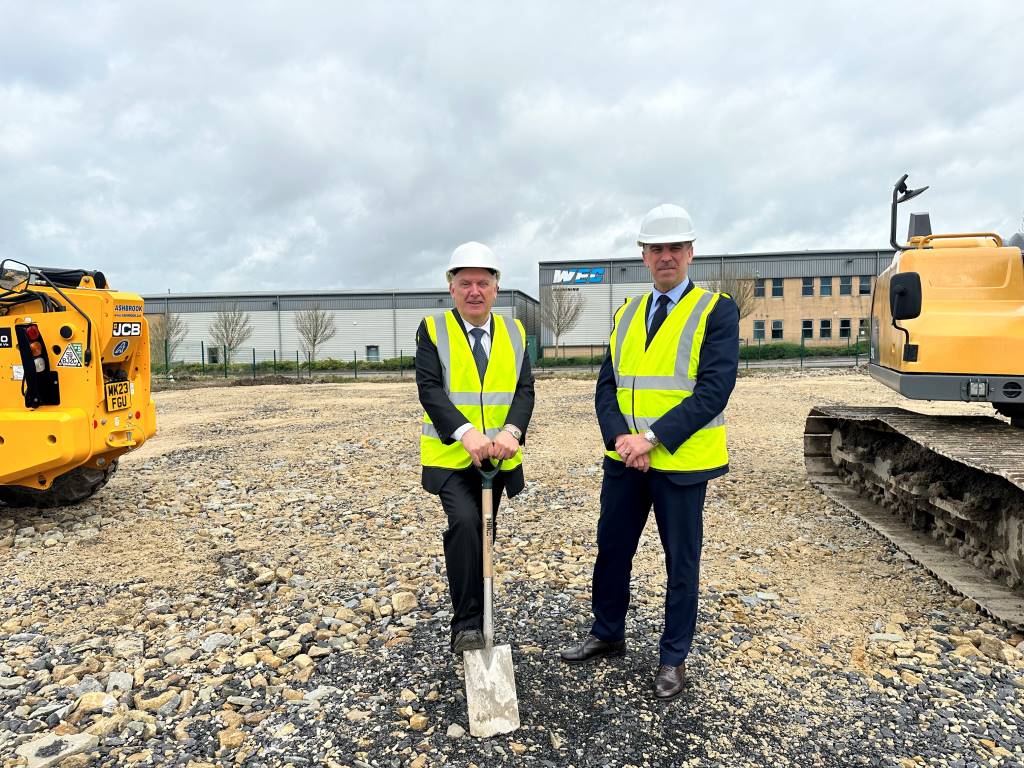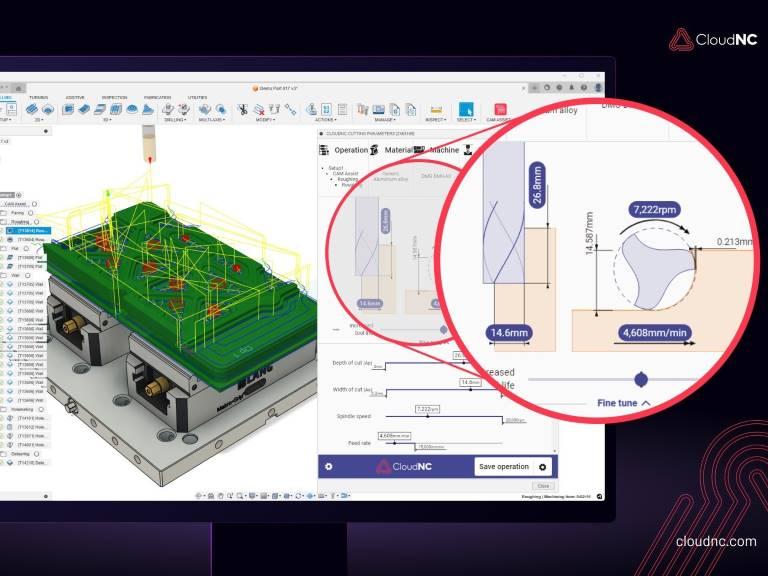How to develop a UK manufacturing workforce fit for the future

The UK manufacturing industry’s skills crisis is well known – repeated surveys show an estimated 80% of firms struggle to recruit the talent they need to compete.

The UK manufacturing industry’s skills crisis is well known – repeated surveys show an estimated 80% of firms struggle to recruit the talent they need to compete.
Manufacturers are struggling to upskill their current workforce with the current quantity and quality of provisions available, and they are also anticipating increased recruitment pressures linked to the pace of technological change.
The High Value Manufacturing (HVM) Catapult, a group of manufacturing R&D centres in the UK, with partners from the National Physical Laboratory (NPL) and TWI and support from the Gatsby Foundation, have worked to identify and capture good practice on the development of the future workforce and how centres of innovation in other countries successfully contribute.
The Manufacturing the Future Workforce report has found that truly successful innovation is dependent on the availability of the right skills needed for its full exploitation. It warns that, without change, the UK’s current approach to workforce development will fail to deliver the skilled workers UK firms need to succeed in challenging markets.
Built from much greater connectivity between stakeholders, it recommends a new approach involving better foresight and forecasting of future needs and making significant improvements to learning delivery.
The headline message is that centres of innovation have a unique contribution to make to a new ‘skills value chain’.
Dick Elsy, chief executive of the HVM Catapult, said: “This report demonstrates how the HVM Catapult and other centres of innovation can convene resources and expertise to increase impact on national and local economies. We are keen to build an alliance with government, industry and education providers to provide the best workforce for future needs.”
Recommendations
The report makes 5 recommendations based on good practice identified around the world. They are that the UK should:- Develop and pilot the application of skills foresight, bringing together groups of education and technology specialists
- Support the development of Higher Technical Qualifications and National Standards
- Develop modular training and resources to support future workforce skills development
- Promote ‘Learning Factories’ as an education model to enable industrial digitalisation.
- Improve recognition and funding of modular and lifelong learning
Stephen Phipson, chief executive of Make UK, expressed support for the report. He said: “Make UK members anticipate significant skills challenges as they adopt new technologies and are concerned that they will not be able to access the training that they require. We support the recommendations of the report and will work with all stakeholders to develop a training system that works.”
Ann Watson, chief executive of the employer-led engineering skills body Semta, also welcomed the report. She said: “The report’s powerful recommendations closely align with employer-identified needs for successful industrial digitalisation. We will work with the HVM Catapult and other centres of innovation to deliver the skills that our manufacturing industry needs.”
The report highlights that there is a very real opportunity for the UK to catch up with and then secure a competitive advantage from its research and innovation communities. The report’s recommendations set out a blueprint for the UK to do this, by leveraging those communities’ knowledge and understanding in a Skills Value Chain. From foresighting skills needs and supporting national standards to developing modular training and lifelong learning models, centres of innovation and industry can lead the way. But the UK can only succeed if government stakeholders, industry and academia work together with a common purpose to equip the UK’s future manufacturing workforce.
HVM Catapult https://hvm.catapult.org.uk/















